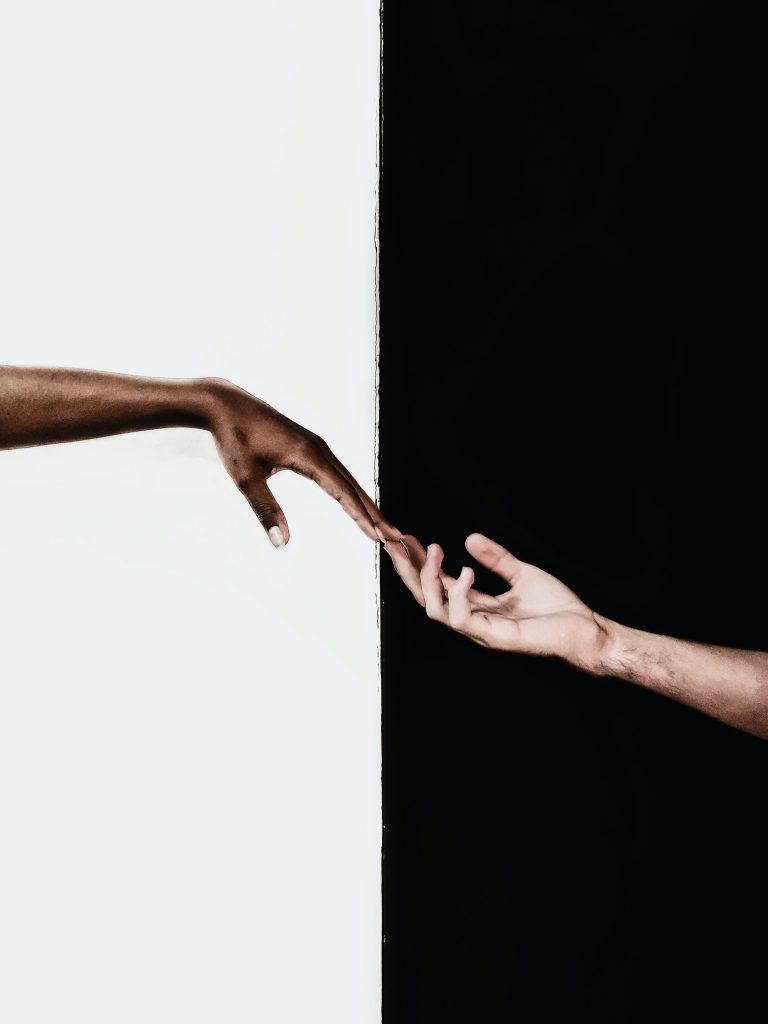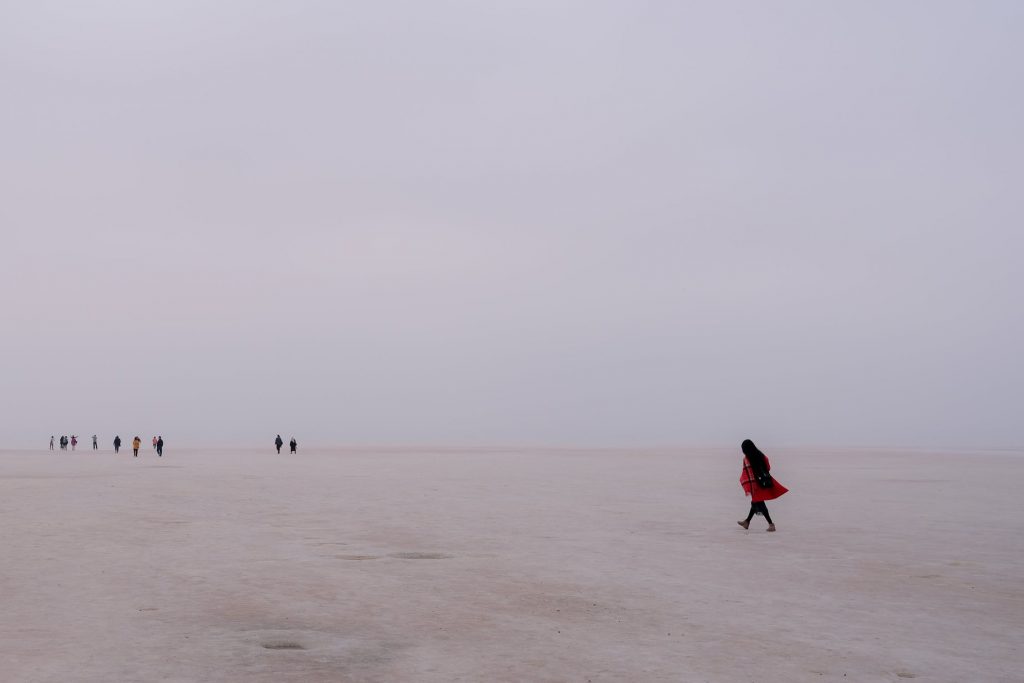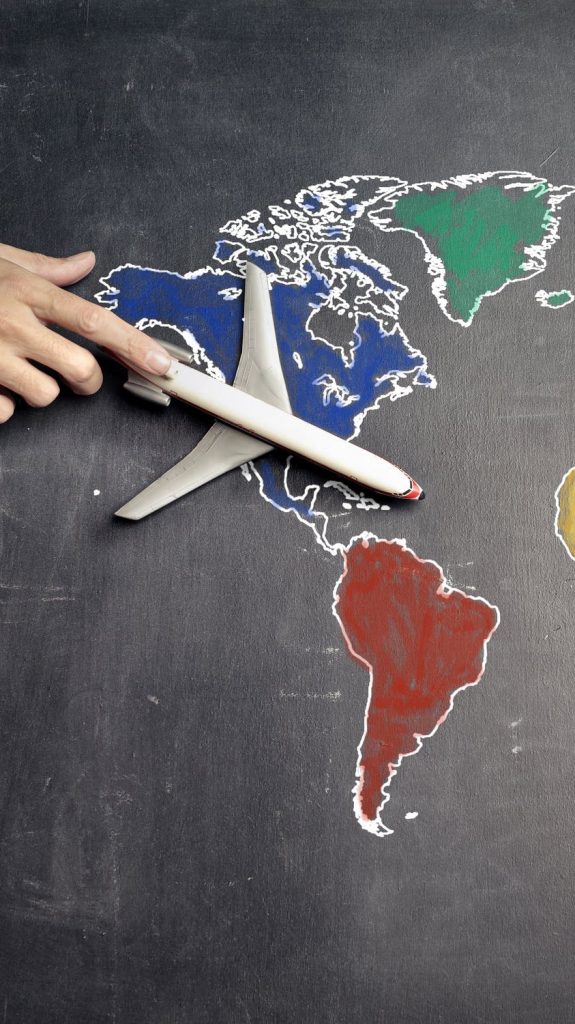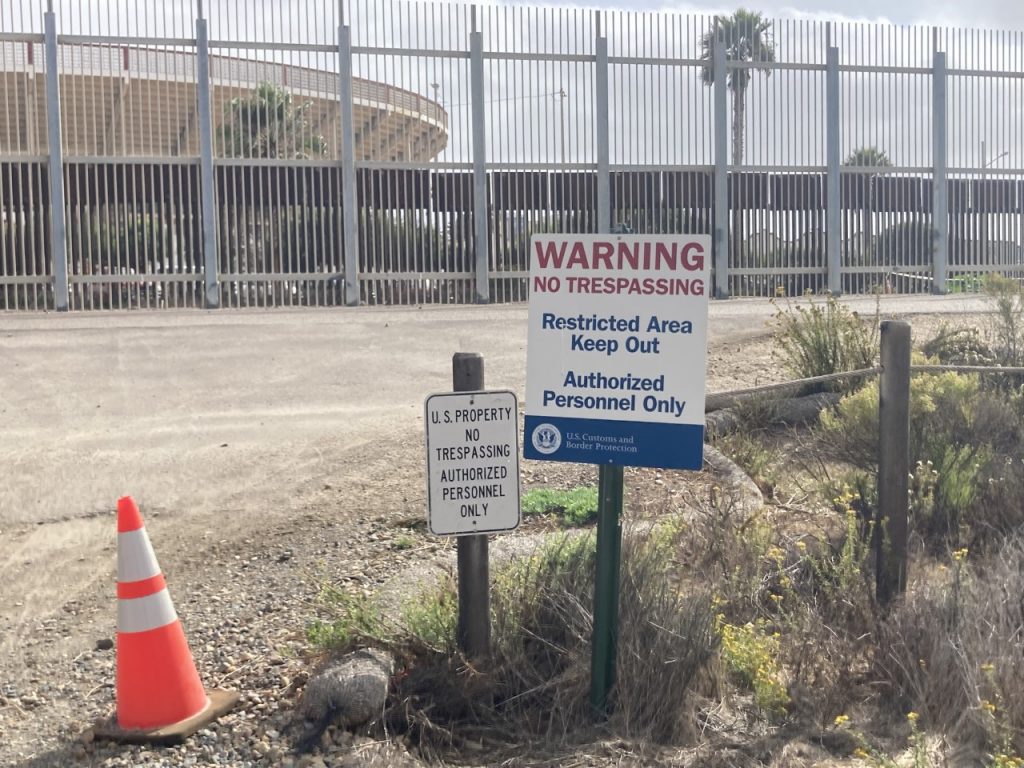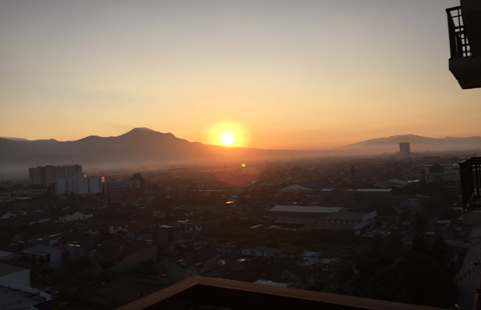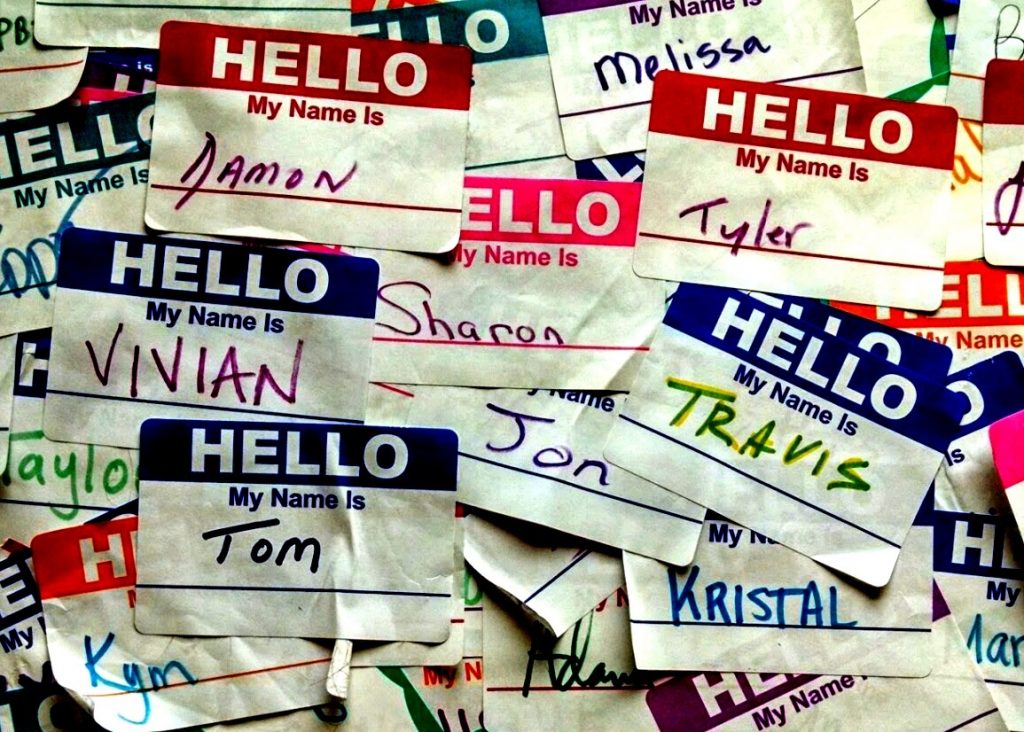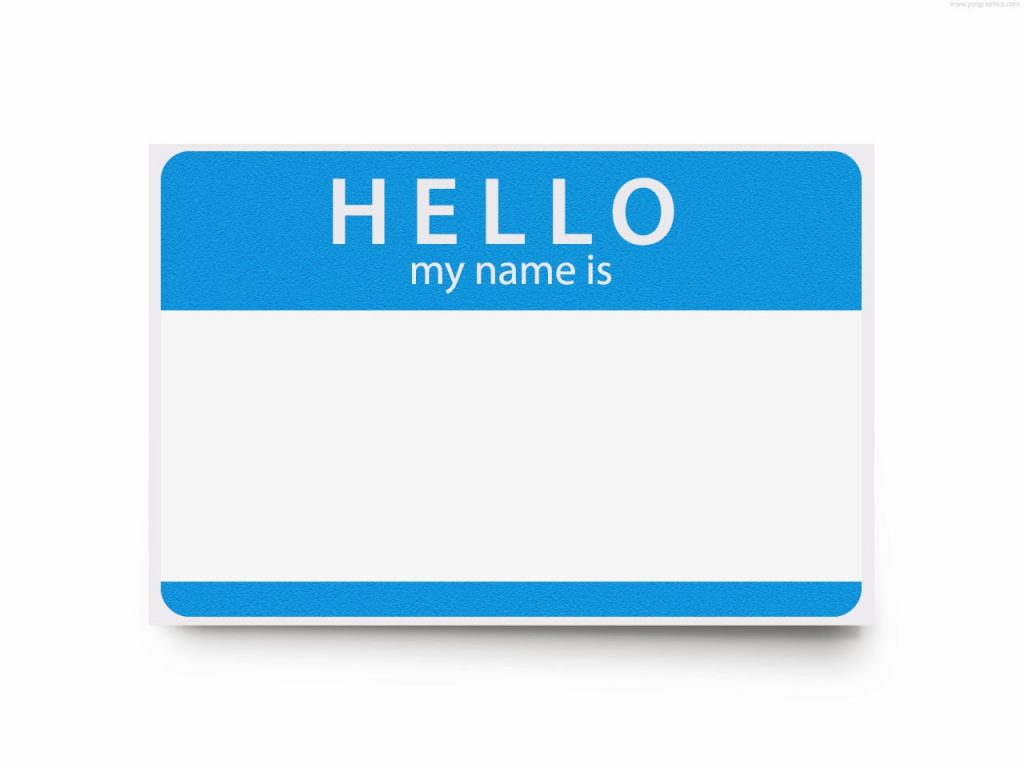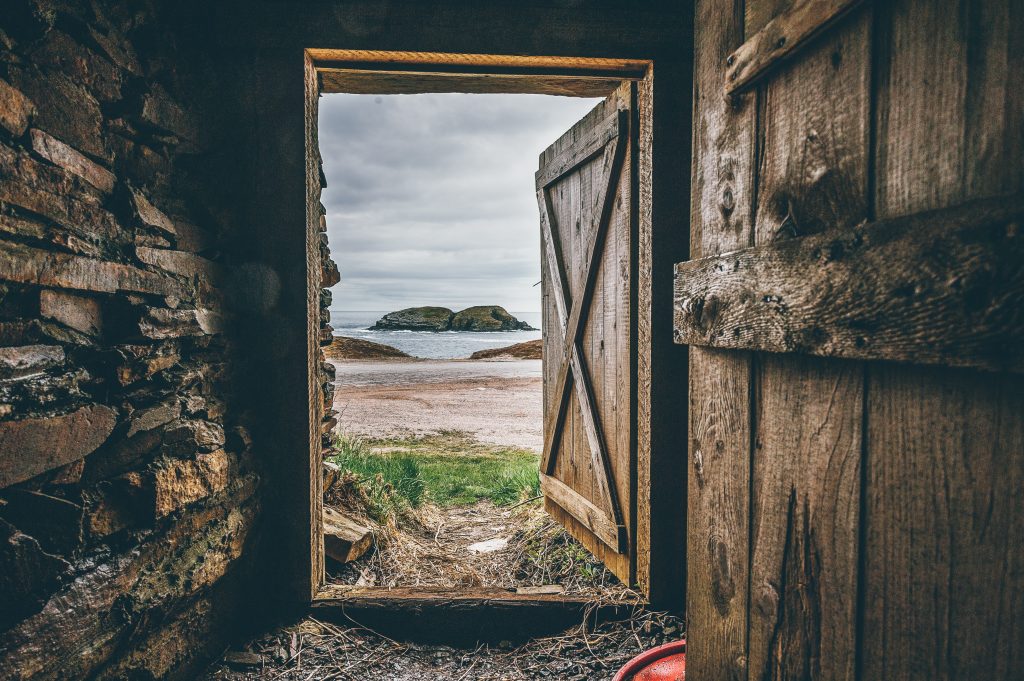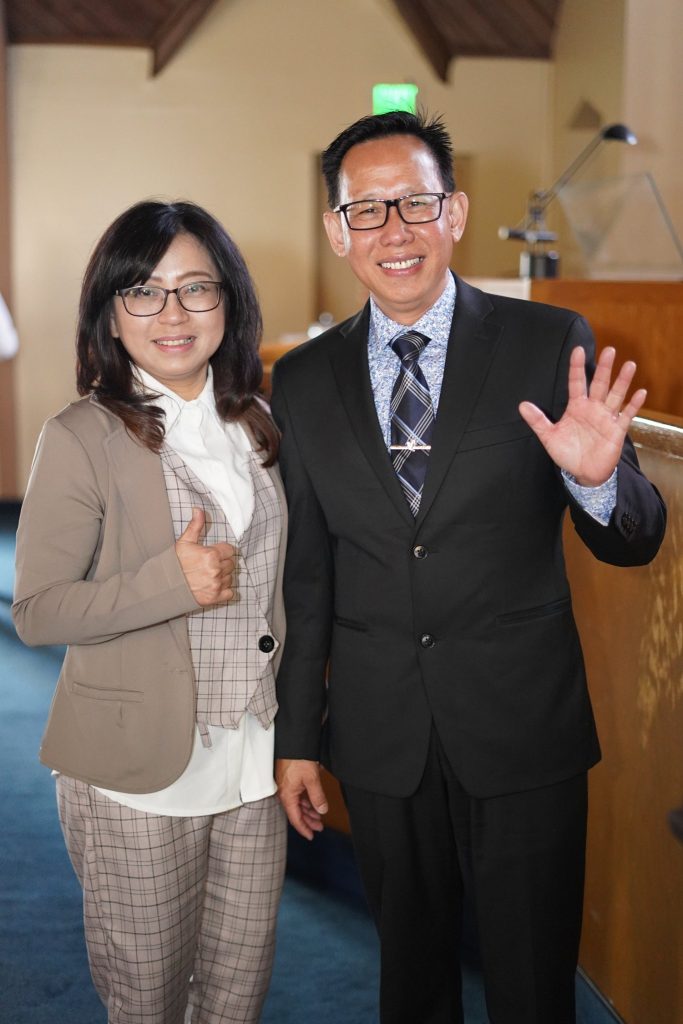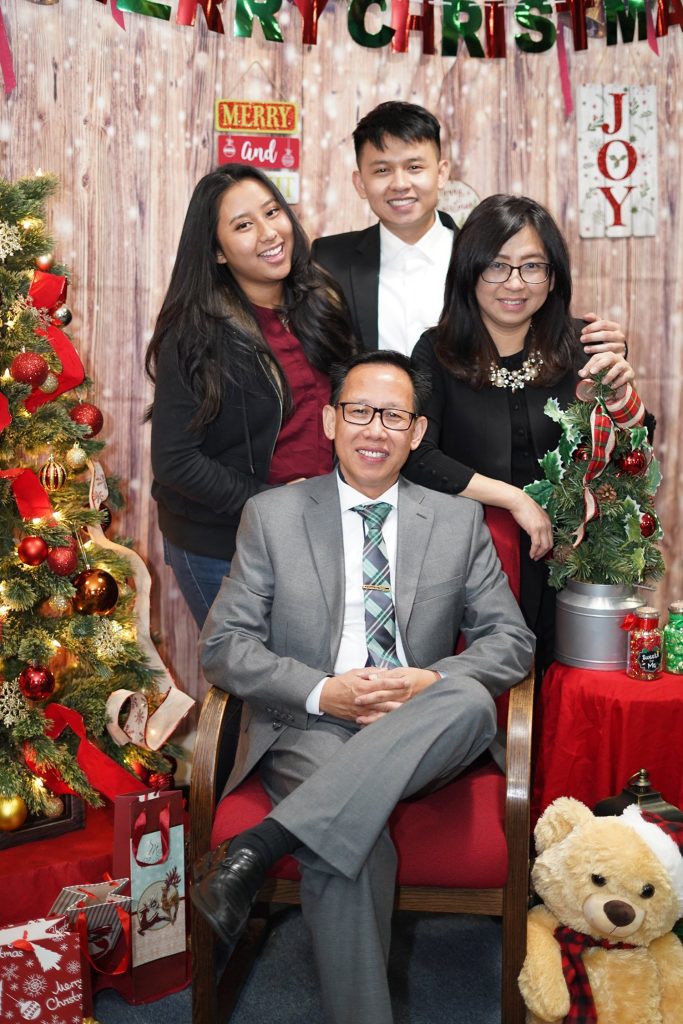by Hendy Matahelemual
Throughout life, I am learning that the only constant thing in life is change. Growing up in a middle-class family in Bandung, Indonesia, we needed to move eight times until our family could afford to buy our own property. Moving from a slum to a small house on the edge of the city was my experience growing up.
Maybe that is why, now that I’ve reached adulthood, I’m hesitant to move. After many of my friends graduated, they moved to Jakarta, Indonesia’s capital city, to find better pay. But not me. I was ready to settle.
But God had a different plan for me. I married my wife, and we were still newlyweds. We had just started renovating our own house. God spoke to my heart through a verse from the book of Acts: “You will be my witnesses in Jerusalem, in all Judea and Samaria, and to the ends of the earth” (1:8, CSB).
At first, I thought, Really, God? But then after careful reflection, it became clear that I needed to be ready to leave my hometown if needed. At the time I didn’t know where exactly God wanted me to go, but wherever it was, I would follow.
“You will be my witnesses in Jerusalem, in all Judea and Samaria, and to the ends of the earth”
acts 1:8, CSB
My limited brain could only think of a few cities in Indonesia. It turned out that the city that God wanted me to go was nowhere close to my hometown. It was literally the end of the earth from Indonesia. “Marina, Hendy, I want you to go to New York City, to get connected to one of the Indonesian churches there,” said my pastor to us. I will never forget that conversation.
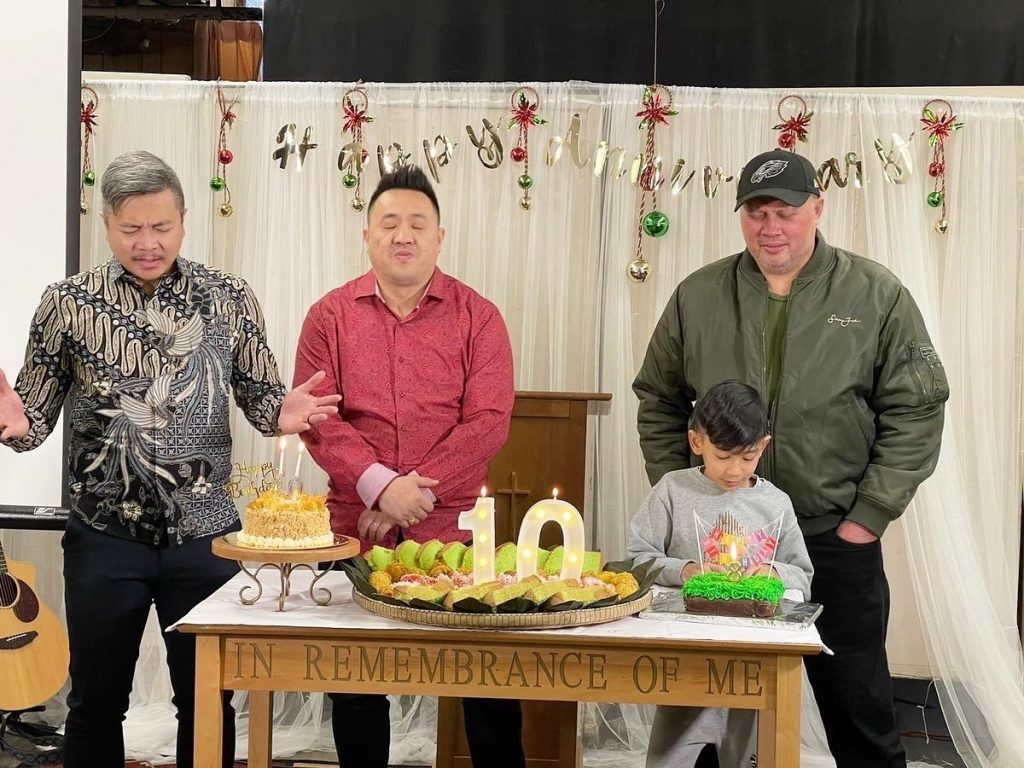
We knew that it would require a lot of changes in our lives, but I also believe when God calls us, he will also sustain us. Seven years have passed by since that conversation. Today, my wife and I serve at Indonesian Light Church in South Philadelphia and Mosaic Conference.
We have three little boys, ages 9, 6, and 2 years old. I love football more than soccer, drive on the other side of the road, speak and write in English, minister not only to Indonesians but across cultures, tribes, and languages. I still remember an occasion where I preached in English, and the sermon was translated in Cantonese. I believe the Holy Spirit works within us to allow us to minister across cultures.
Not all changes are easy; some of them are hard, depressing, painful, and even traumatic. But this is also a part of ministry in Jesus. If change were easy, then Jesus would not have needed to die on the cross. Change requires sacrifice. One thing that God keeps reminding me is that I’m not here to change people’s lives; we are not called to fix people. We are called to witness God, to journey together with people, and to be ready to be changed, as well.
Our pain, suffering, and trauma will heal over time as we open ourselves to God’s love and to other people. Our misery will eventually become a ministry to other people. I believe there is something about shared brokenness that allows the Spirit to bring healing to the community where Jesus is at the center.
God calls us individually and collectively. As a follower of Jesus, our calling is to be changed from the inside out. Some need to travel thousands of miles just to meet the right people to journey together, and some just need to go to their neighbor across the street, but the calling remains the same.
“Anyone who belongs to Christ has become a new person. The old life is gone; a new life has begun!” (2 Corinthians 5:17, NLT). Don’t settle for less than what God has promised you. Keep seeking, keep discovering the new you and the new us together. Keep answering the call from God. Jesus, be with us all.
No eye has seen, no ear has heard,
1 Corinthians 2:9 (GWT)
and no mind has imagined
what God has prepared
for those who love him.
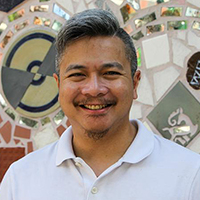
Hendy Matahelemual
Hendy Matahelemual is the Associate Minister for Community Engagement for Mosaic Conference. Hendy Matahelemual was born and grew up in the city of Bandung, Indonesia. Hendy lives in Philadelphia with his wife Marina and their three boys, Judah, Levi and Asher.


